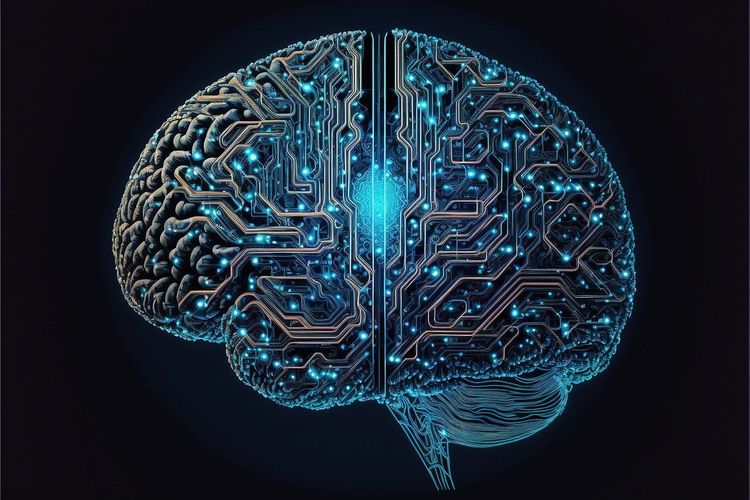Google recently unveiled the Pixel 8 Pro, which will be the first device to utilize Google’s generative AI models directly on the device. Rick Osterloh, the Senior Vice President of devices and services at Google, announced this breakthrough during today's event.
The Pixel 8 Pro is powered by a custom-built Tensor G3 chip, engineered to enhance AI performance. This chip can run “distilled” versions of Google’s advanced text and image-generating models, enabling a variety of applications such as sophisticated image editing.
“We collaborated closely with our research teams to leverage their cutting-edge foundational models and refine them for efficient use on our flagship Pixel,” Osterloh explained.
The introduction of on-device AI has significantly improved the Magic Eraser feature, which allows users to effortlessly remove larger objects and people from photos without leaving a trace. This enhanced version of Magic Eraser intelligently generates new pixels to seamlessly fill in the gaps, resulting in superior-quality images.
Moreover, video conferencing will improve, too. Osterloh revealed that a new on-device model will intelligently sharpen and enhance photo details, enhancing the overall Zoom experience.
The advantages of on-device processing also apply to audio recording capabilities. Soon, the Pixel 8 Pro's recording app will offer summaries that highlight key points from meetings, making it easier for users to capture essential information.
Additionally, a sophisticated large language model will enhance the smart replies feature in Google’s Gboard keyboard app. Osterloh emphasized that the revised Gboard will provide “higher-quality” response suggestions that reflect improved conversational context.
While the Magic Eraser feature will be available on the Pixel 8 Pro right away, the other on-device generative AI functionalities are set to roll out in December through a software update.







